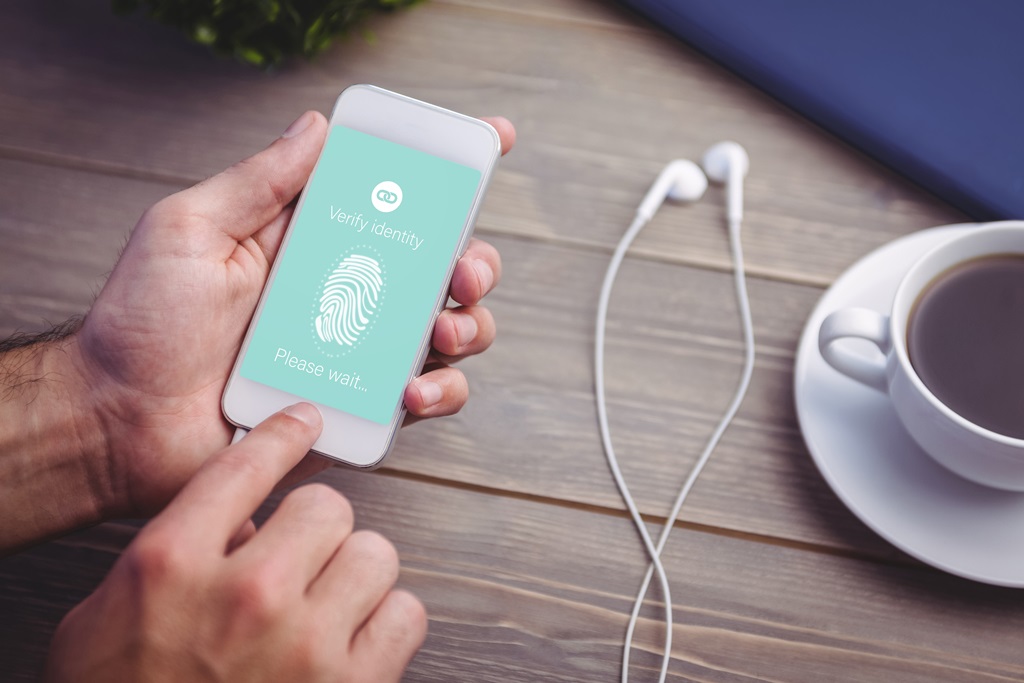
Do you use fingerprint technology to unlock your smartphone? It’s pretty cool. You don’t have to remember a password, and you are the only one who can unlock it. It probably makes you pretty secure about your privacy. Unfortunately, it’s not completely secure.
Minnesota court sides with the police
Since legal matters can get a little complicated, here’s a rundown of the facts of the criminal case. A Twin Cities man, Matthew Vaughn Diamond, was under investigation for a burglary in Chaska. He was already in jail for another matter, so the detective didn’t have to track him down.
Diamond’s cellphone was in the police station property room, so the detective got a search warrant to look for evidence on it. However, it was locked with fingerprint access technology. Diamond was ordered by a court to provide a fingerprint, which unlocked the phone and revealed incriminating evidence. A jury convicted him of burglary.
What happened to constitutional rights?
Normally, if you have been charged with a crime, the Fifth Amendment to the U.S. Constitution protects you from self-incrimination. Diamond’s public defender argued to the court that the police couldn’t force him to use his finger to unlock the phone. The attorney said this was self-incrimination.
Unfortunately, the court disagreed. In fact, it said that the police could have obtained the same physical evidence (his fingerprint) if he was unconscious – the constitution would have only protected “the contents of his mind.” Diamond appealed the court’s decision, but the Minnesota Supreme Court agreed with the trial court.
Why it matters
This case highlights the lack of privacy and security you may experience if you are charged with a crime. If you have been detained or arrested, don’t assume that law enforcement agents can’t access information your phone. However, you still have a right to an attorney, and you should ask for one before you say or do anything else.


